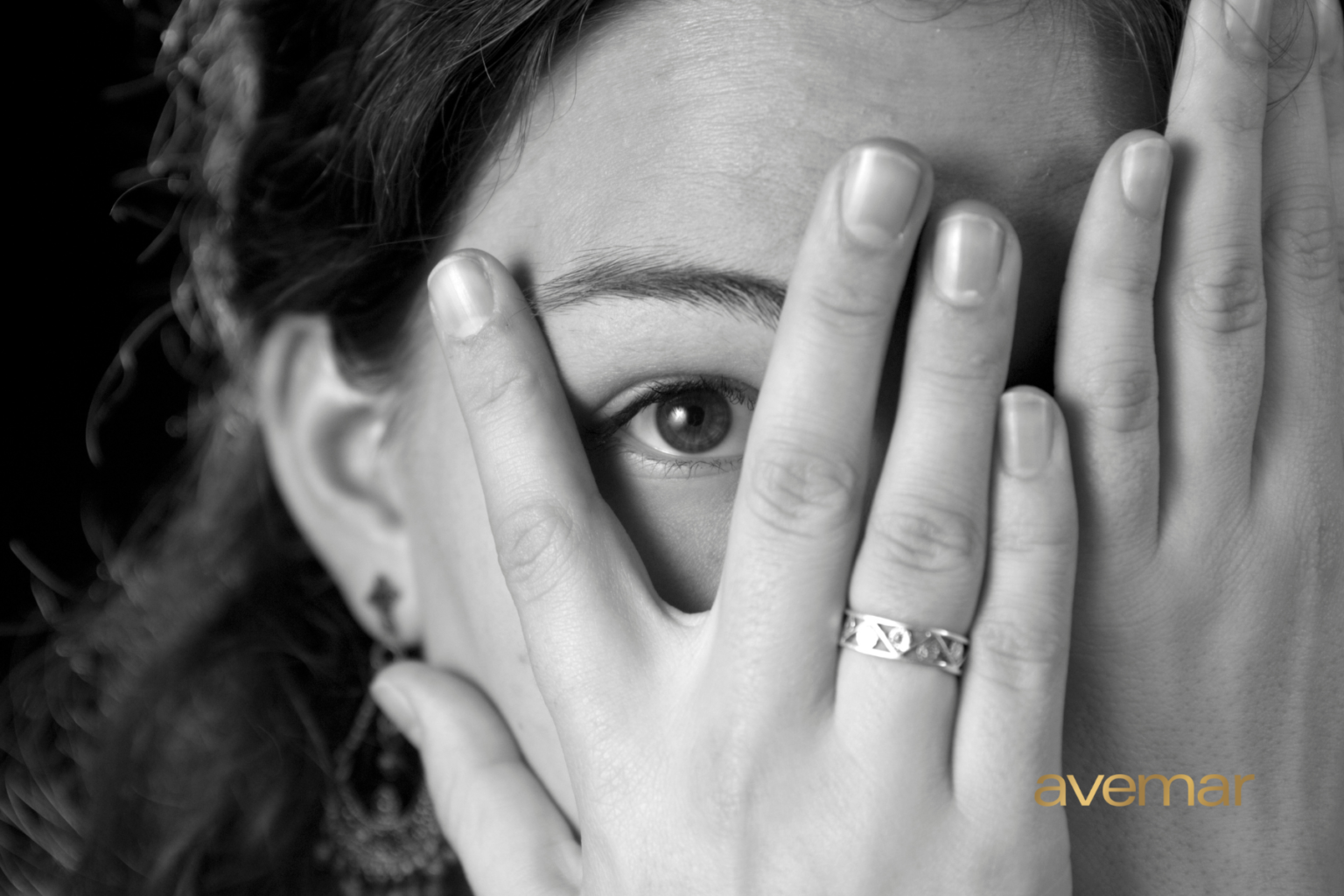Fear of cancer is not a simple hypochondria, but rather a broad psychosis that can cause serious damage at both individual and societal levels. This is because the disease is often treated inappropriately.
The fear of disease, especially of fatal chronic illness, has always haunted people. At the beginning of the last century, for example, the fear of syphilis and lung disease was still the most prevalent in people's daily lives. Nowadays, cancer is the most feared, and cancers have earned and maintained a bad reputation despite the fact that a cancer diagnosis is less and less a death sentence. And we have very good ways of preventing the disease.
In fact, we now fear cancer far more than we should. And those who have an extreme fear of getting cancer are, through the stress of fear, putting themselves much closer to the actual appearance of the disease in their bodies. In other words, we are better off not automatically letting the phobia we have inherited through our cultural heritage prevail, but understanding the disease group and its nature. This will help us to prevent or fight the disease.
A large percentage of people think that cancer is the result of effects beyond their control. But statistics show that environmental causes of cancer account for no more than 10 to 15 per cent of all cancers.
The rest is down to our genetic heritage and lifestyle!
In addition, most of the time, news about cancer is presented in a negative context in the media, which gives the disease an indelible stigma. This makes us fear it, whether we should or not, and makes it very difficult to think objectively about the disease. Yet deaths from cancer have fallen by around 20% worldwide in ten years. This means that our cancer risks are falling rapidly.
It's time to stop being afraid and start actively contributing to further improving this process. How? For example, by eating right, less stress, more exercise, less smoking and alcohol consumption, less extreme sun exposure.
























